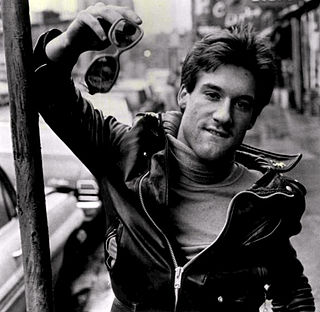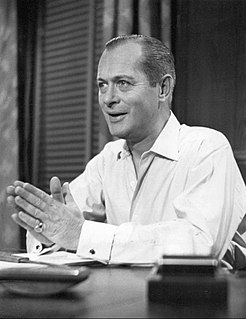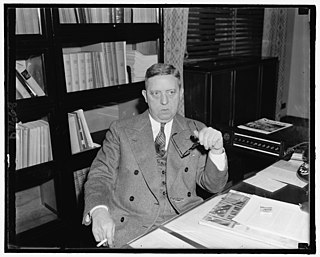A Quote by Shepard Fairey
The argument that most lawmakers make about graffiti is that it's illegal because it's an eyesore, but you could easily argue that a lot of advertising is an eyesore.
Related Quotes
There are thousands of boys being wasted daily to our country through being left to become characterless, and, therefore, useless wasters, a misery to themselves and an eyesore and a danger to the nation. They could be saved if only the right surroundings or environment were given to them at the receptive time of their lives.
To be clear, I abhor the separation wall. It is an eyesore in itself and makes tangible the failed diplomacy and cruel short-sightedness that causes such misery in the region. No Palestinian can see that wall and not wonder if the Israelis mean it to stay there forever, a constant reminder of what they never intend to change.
Traditional graffiti writers have a bunch of rules they like to stick to, and good luck to them, but I didn't become a graffiti artist so I could have somebody else tell me what to do. If you're the type who gets sentimental about people scribbling over your stuff, I suggest graffiti is probably not the right hobby for you.
Obviously my own work comes from a conceptual art tradition, but I love the graffiti artists, and I feel spiritually closer to them than to most contemporary art; they make the city a free space of diverse voices and we shouldn't get all cynical about them just because Banksy made some money. I collaborate sometimes with Krae, who is an old school east London graffiti writer.
I think that as poets, we can get away with stuff because we can ride on the melt of metaphor. We cover a lot of terrain psychically and temporally and linguistically via metaphor, and that can be a stand-in for an argument, whereas in prose, you have to make the argument, and you have to be convincing because the sequence must make sense in time and purpose.
There's something about looking at Super 8 films that is so evocative. You could argue it's the resolution of the film somehow because they aren't crystal clear and perfect,so there is a kind of gauzy layer between you and what you see. You could argue it's the silence of them. You could say it's the sound of the projector that creates a moodiness. But there's something about looking at analog movies that's infinitely more powerful than digital.
I had just been doing graffiti around New York and this real estate investor guy had walked through meat packing in New York and saw some of my graffiti. He was impressed and asked if I sold canvases. I really had not made any canvases of my graffiti work yet, but told him I could make one for him. He then commissioned me to make ten paintings and put on my first art show. Between the sold out show and the cops chasing after me it created a lot of media and I've been doing really well since then.
Every really good creative person in advertising has always had two noticeable characteristics. First, there was no subject he could not easily get interested in...Second, he was an extensive browser in all sorts of fields of information. For it is with the advertising man as with the cow: no browsing, no milk.







































